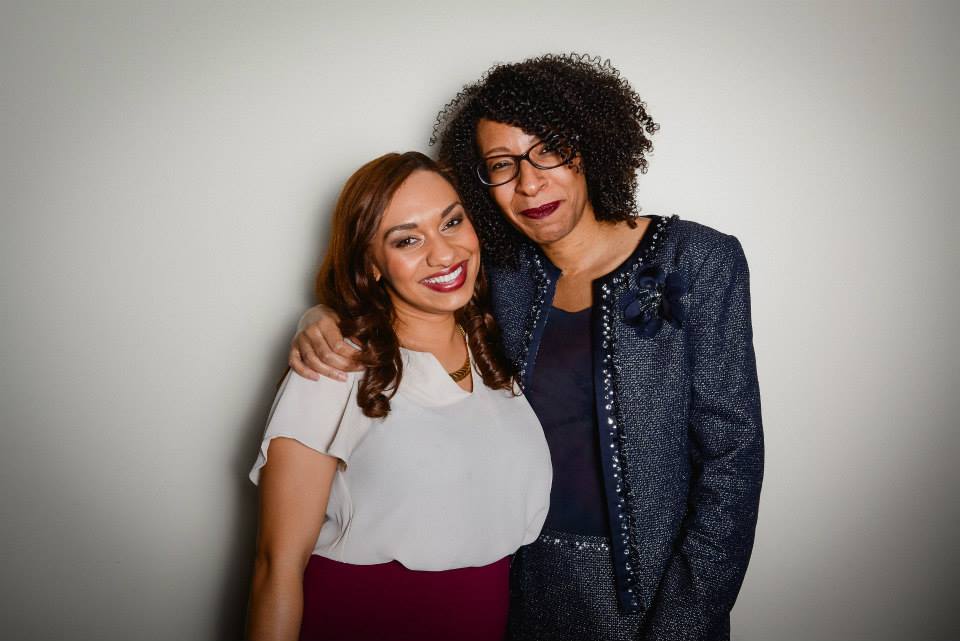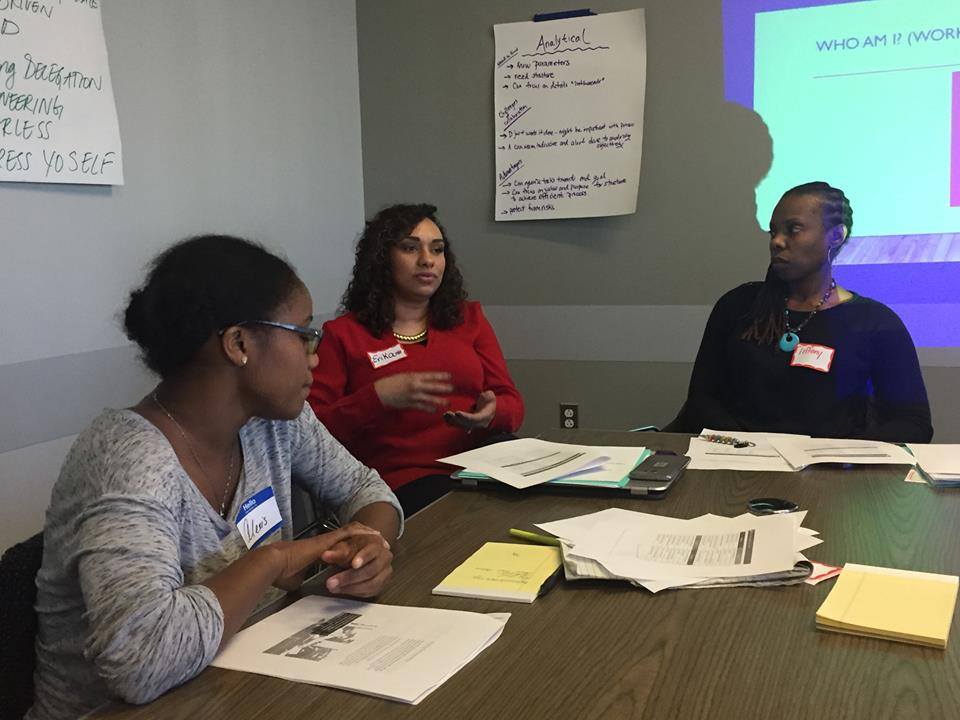Meant to be Mentors: Who is Right for Your Circle of Support?
Posted by Sep 12, 2018

Erika Hawthorne
This post is part of our “Broadening and Diversifying the Leadership Pipeline” blog salon for National Arts in Education Week 2018.
They say, “It takes a village to raise a child," but the need for a community of support doesn’t end after adolescence. As you move into adulthood, you have the opportunity to expand your village and seek out those who inspire you to join your team. But, before you welcome someone into your circle, you should learn what motivates them. Do they genuinely value the importance of sharing knowledge with the next generation, or are they driven by ego and status? If you are lucky enough to find a mentor who wants to see you succeed for purely altruistic reasons, welcome them with open arms and do everything you can to keep them close.
As you move through your career you will meet many characters that play important roles in your journey. Some will teach you lessons the hard way, others will lead by example and stick around to guide you along your way. As a woman of color entering the workforce, I learned quickly that navigating office politics is a unique challenge for someone like me. Having mentors in my corner who understood my experiences helped me process situations that felt strange and taught me to protect my energy in spaces not designed for my benefit.

My mentors have also been instrumental in opening doors I would not have otherwise known existed! Each of them brings a different perspective, but they all have experience in careers that pique my interest and align with my passion for the arts and social justice. Their wealth of knowledge has been invaluable and opened my eyes to new possibilities of careers in the arts that I would not have realized on my own.
In reflecting on what has made my mentorship relationships successful, the top trait that comes to mind is having shared values. One of my mentors once told me, “I believe that if you do what you love, the money will come.” That stuck with me; not because I hadn’t heard it before, but because it reminded me of something that was ingrained in me as a child. Without even knowing it, she reconnected me with my own values at a time when I was facing a tough decision—making it easier for me to trust my judgment.
Having someone with no interest other than to help you navigate your situation is a blessing. Through some difficult transitions, my mentor was there to lend an ear and help me process my options. She walked me through the questions I needed to be asking, instead of the ones that were top of my mind. When I anxiously asked, “Should I apply for this opportunity? Will I look crazy if I leave my job? What if it blows up in my face?” she calmly redirected my focus with questions like, “What are your priorities right now? Will this decision make sense for the short term and the long term? If you have to make a sacrifice now that will pay off in the long run, are you willing to take a calculated risk?” As she provided the right questions, I was able to come up with the answers that were right for me. All the while, she made it clear that I had her full support with whatever I decided. Knowing I wasn’t in it alone made all the difference.
Mentor-mentee relationships don’t have to mean unreasonable time commitments, but building and maintaining a relationship does require some time. It’s not always about a sit-down lunch meeting or a structured “mentorship call.” For me, sometimes a text to ask a quick question, an outing just for fun, or sharing a meal with one another’s family can be just as meaningful.

It takes courage, and a significant amount of effort to initiate and nurture long-lasting relationships with mentors, but it can be done, and it will be worth it. Networking isn’t always about sliding your business card to someone at a happy hour; it’s about building authentic and meaningful relationships that will outlast a moment in time. I hope those reading this will take the next steps to build a new relationship or rekindle an old one and continue the cycle of mentorship.
Looking for a program to help you? The Arts Administrators of Color Mentoring Program is a great place to start. Learn more and apply here.





